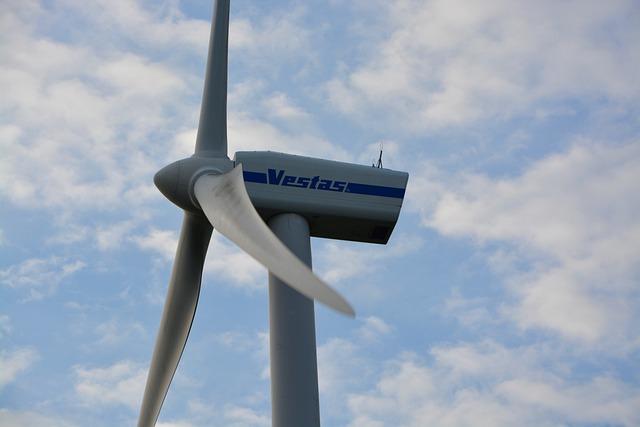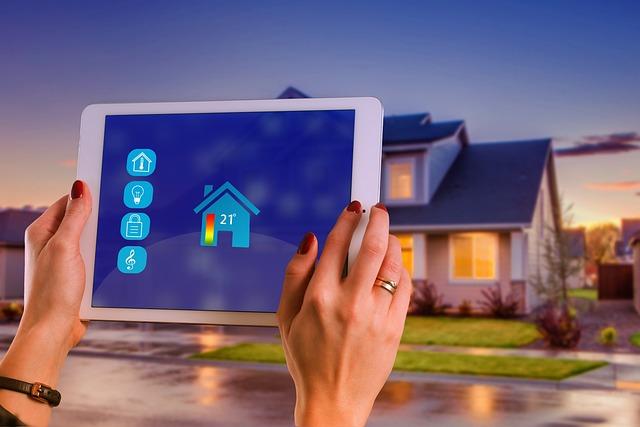- Introduction
- Connected Living
- Internet of Things in Smart Cities
- Sustainability in Smart Cities
- Mobility Solutions
- Security and Privacy
- Conclusion
- FAQs
- References
Introduction
Smart cities are urban areas that integrate various technologies to improve the quality of life for residents, enhance sustainability, and optimize city operations. The concept of a smart city revolves around using data, connectivity, and innovation to address challenges such as traffic congestion, pollution, and resource management.
Connected Living
In a smart city, connected living involves using technology to enhance the daily lives of citizens. This includes smart homes equipped with IoT devices that can be controlled remotely, connected public spaces with free Wi-Fi access, and digital services for healthcare, education, and entertainment.

(Image: Pixabay/@cloudlynx)
Connected living not only improves convenience and efficiency but also promotes a sense of community by fostering communication and collaboration among residents through digital platforms and social networks.
Internet of Things in Smart Cities
The Internet of Things (IoT) plays a crucial role in smart cities by enabling the connection of physical devices and systems to gather data and automate processes. IoT sensors are deployed across the city to collect real-time information on various aspects such as traffic flow, air quality, energy consumption, and waste management.

(Image: Pixabay/@DeltaWorks)
This data is then analyzed to make informed decisions that improve city services, optimize resource allocation, and enhance overall urban planning. IoT integration contributes to creating more efficient and sustainable urban environments.
Sustainability in Smart Cities
Sustainability is a key focus of smart cities, aiming to reduce environmental impact and promote eco-friendly practices. Through initiatives like renewable energy projects, green infrastructure development, waste recycling programs, and efficient water management systems, smart cities strive to achieve long-term environmental sustainability.

(Image: Pixabay/@JACLOU-DL)
By adopting sustainable practices and technologies, smart cities can minimize energy consumption, reduce carbon emissions, and create a healthier environment for residents while mitigating the effects of climate change.
Mobility Solutions
Enhancing mobility is essential for the success of smart cities, as efficient transportation systems are vital for connecting residents, businesses, and amenities. Mobility solutions in smart cities include intelligent traffic management systems, public transportation upgrades, bike-sharing programs, and the integration of autonomous vehicles.

(Image: Pixabay/@LichDinh)
By prioritizing sustainable modes of transport and implementing innovative solutions, smart cities can alleviate congestion, improve air quality, and provide seamless travel experiences for residents and visitors.
Security and Privacy
Ensuring the security and privacy of data in smart cities is paramount to building trust among residents and safeguarding against cyber threats. Robust cybersecurity measures, data encryption protocols, and strict privacy regulations are essential to protect sensitive information collected through IoT devices and smart city systems.

(Image: Pixabay/@geralt)
By prioritizing cybersecurity and privacy best practices, smart cities can provide a secure digital environment for residents to interact with city services and enjoy the benefits of connected living without compromising their personal data.
Conclusion
Smart cities represent the future of urban development, leveraging technology to create sustainable, efficient, and livable environments for residents. By embracing connected living, IoT integration, sustainability initiatives, mobility solutions, and prioritizing security and privacy, smart cities can address pressing urban challenges and lead the way towards a more interconnected and intelligent urban landscape.
FAQs
How are smart cities transforming urban living?
Smart cities are transforming urban living by integrating technology to enhance services, improve sustainability, and optimize resource management, leading to a higher quality of life for residents.
What role does IoT play in smart cities?
The Internet of Things (IoT) enables smart cities to collect real-time data, automate processes, and make informed decisions to enhance city services, improve efficiency, and drive sustainable urban development.

